The Lithium Iron Phosphate Stack Battery is a reliable and efficient energy storage solution designed for high-performance applications. This type of battery uses Lithium Iron Phosphate (LiFePO4) as its cathode material, which provides a safer, longer-lasting, and more efficient power source compared to traditional battery chemistries. By stacking multiple cells together, the battery system achieves a higher capacity and voltage, making it suitable for a range of demanding industries.
Advantages of Lithium Iron Phosphate Stack Battery
Enhanced Safety Features
Lithium Iron Phosphate (LiFePO4) chemistry is well-known for its inherent safety, as it is more thermally stable compared to other lithium-ion chemistries. This reduces the risk of fire or thermal runaway, ensuring the safety of users.The battery stack's design includes advanced management systems that prevent overcharging, short circuits, and overheating, further minimizing the possibility of safety hazards.
Long Cycle Life
LiFePO4 stack batteries offer impressive longevity, with the ability to withstand thousands of charge and discharge cycles. This makes them a cost-effective solution over time, as they need to be replaced less frequently compared to other types of batteries.The long cycle life of these batteries translates into more consistent performance, which is crucial for applications that require long-term reliability.
Energy Efficiency
Lithium Iron Phosphate Stack Batteries have high energy efficiency, delivering excellent performance with minimal energy loss. The efficient conversion and storage of power reduce operational costs over time, making them an economical choice for energy storage systems.The ability to provide a steady output of energy without significant fluctuations ensures reliable power delivery for critical applications.
Environmental Friendliness
These batteries are non-toxic and free of heavy metals like cobalt and nickel, which are commonly used in other lithium-ion batteries. As a result, they have a lower environmental impact, both during production and after their useful life.The materials used in LiFePO4 batteries are more readily recyclable, contributing to a more sustainable energy storage solution.
 boo@zjmgmm.com / 958587858@qq.com
boo@zjmgmm.com / 958587858@qq.com English
English русский
русский Español
Español عربى
عربى
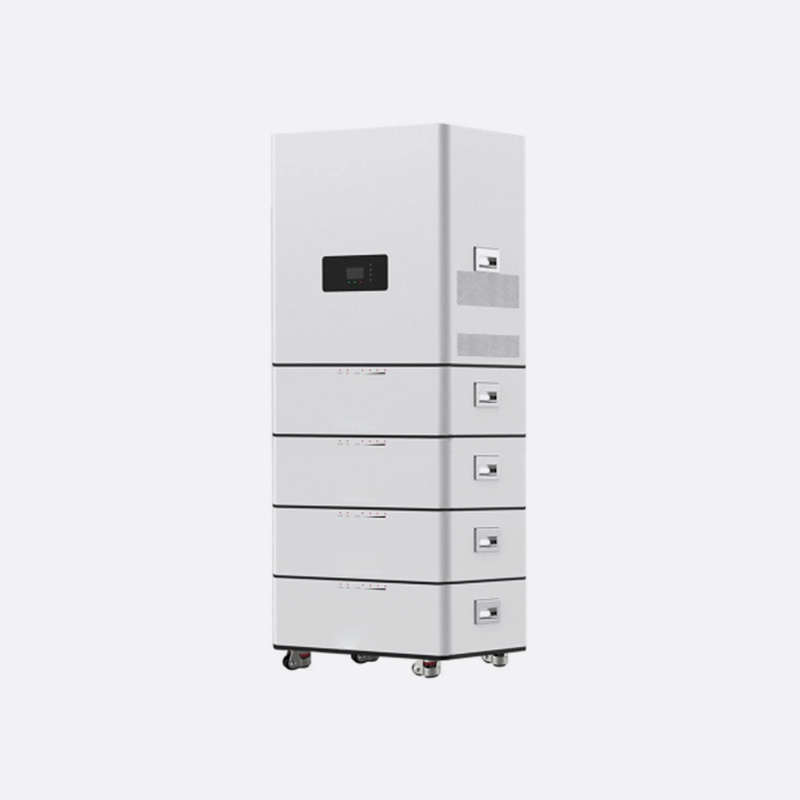
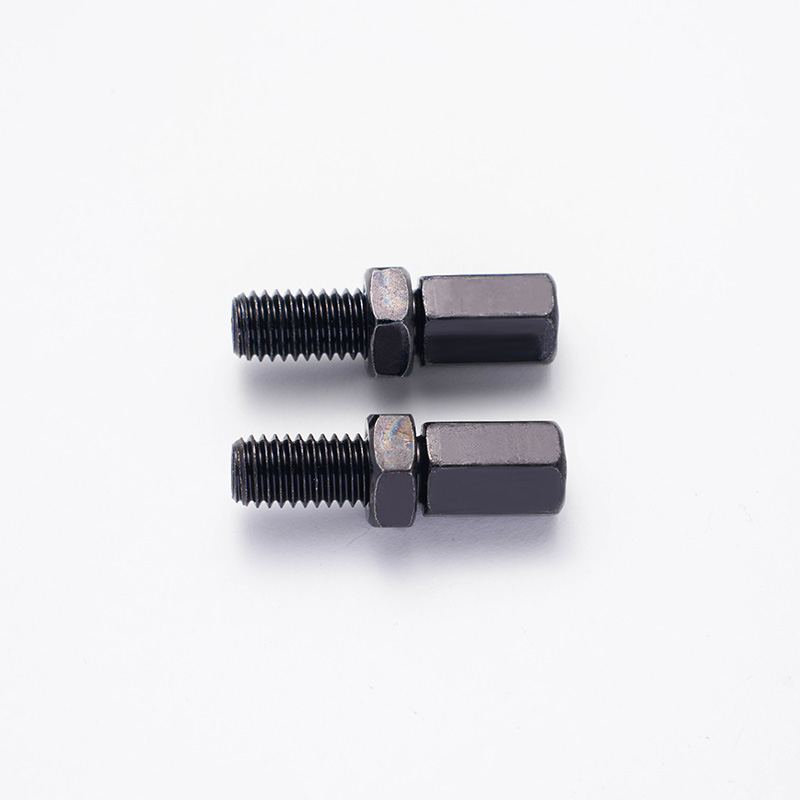
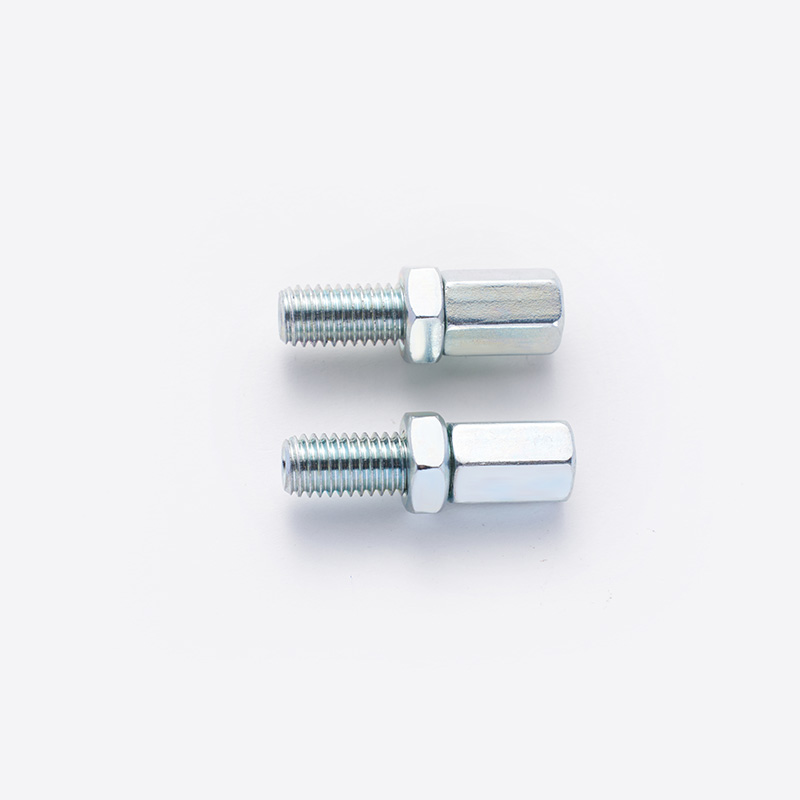
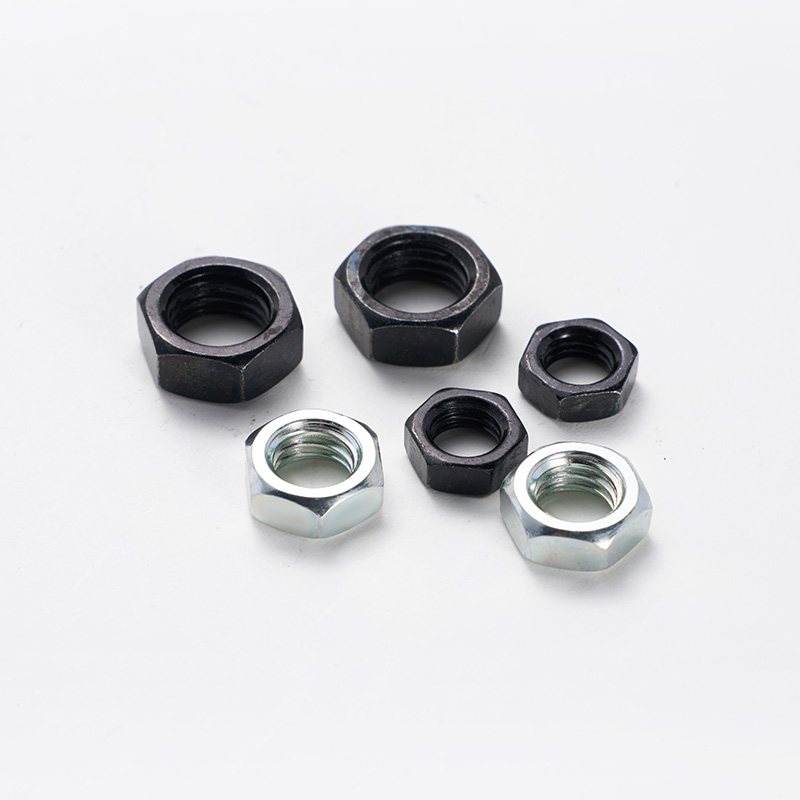
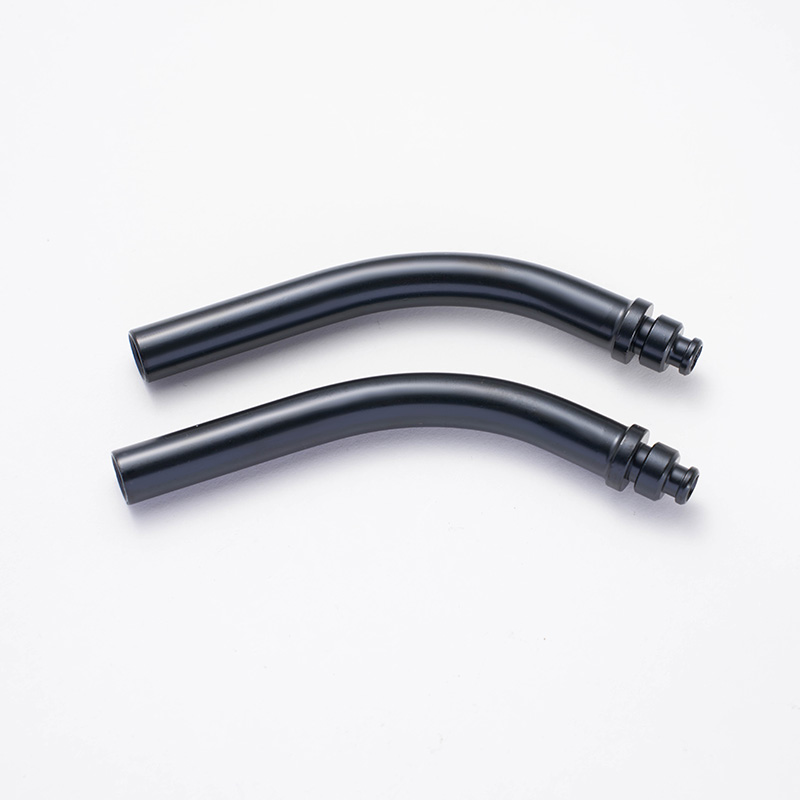







 English
English  Building 33, Demonstration Park, No. 318 Chenguang Road, Eastern New District, Wenling City, Taizhou City, Zhejiang Province, China
Building 33, Demonstration Park, No. 318 Chenguang Road, Eastern New District, Wenling City, Taizhou City, Zhejiang Province, China  0086-576-86337978
0086-576-86337978  0086-576-86333878
0086-576-86333878
 boo@zjmgmm.com
boo@zjmgmm.com 